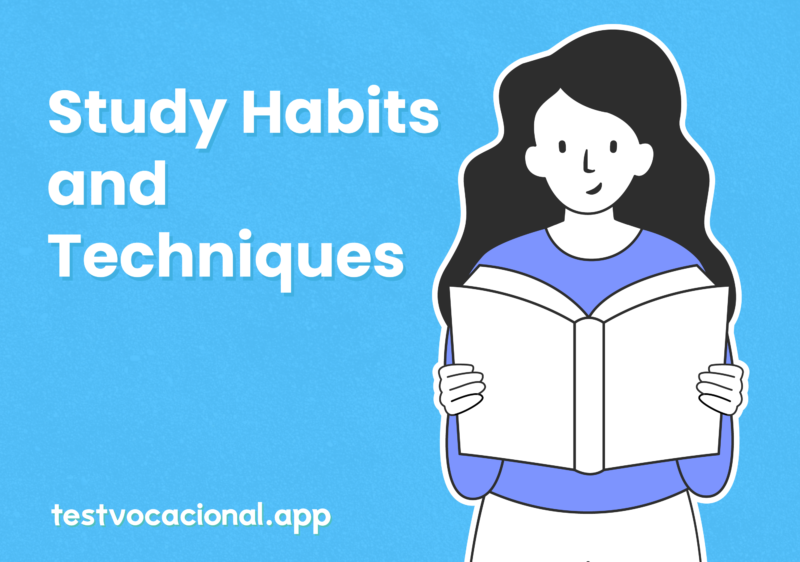Using effective study methods is essential because they help correct unproductive habits and improve academic performance. Study techniques are a key part of the learning process. They help you stay organized, set clear goals, and use your time and resources more efficiently.
In addition, they allow you to manage your time better and develop new ways to approach learning—now and in the future.
These strategies give students practical tools to succeed in school. They also help build confidence when facing academic challenges.
Ideally, study skills should be introduced early on, so students can gradually build these habits and fully benefit from them over time.
The success of any study method comes down to structure, consistency, and building strong routines. These elements help you tackle assignments and tests with better preparation.
Why is it important to learn study techniques?
–Better understanding: Each technique is designed to help you absorb information more effectively.
–Time-saving: Study strategies help you focus on what really matters, so you don’t waste time on inefficient habits.
–Efficient learning: Once you’ve mastered these methods, you’ll no longer have to figure out how to study—you’ll just know the best technique for the task at hand.

Types of study techniques
1. Planning and organization
A – Write down exam and assignment due dates in a planner or calendar.
B- Set aside a few minutes each day to review or study.
C- Create a realistic and consistent study schedule.
D- Choose a specific, quiet place to study with good lighting and minimal distractions.
Take short breaks to relax and recharge your focus.
2. Reading and Comprehension
To really understand a text, it’s important to read it carefully and pay attention. There are two main types of reading strategies:
- Deep Reading: A slower, more focused read where you ensure you understand every paragraph. This helps internalize the main ideas.
- Preview Reading: A quick scan to get a general idea of the text.
3. Identifying Key Information
After understanding the material, the next step is to identify and highlight the main and supporting ideas. One of the best ways to do this is by underlining or highlighting key points.
Highlighting: A Key to Finding What Matters
When you underline or highlight, you’re already separating what’s essential from what’s not. With practice, you’ll also strengthen your ability to summarize and synthesize information.
Usually, key ideas can be found at the beginning, middle, or end of a paragraph. It’s also useful to highlight examples or keywords that help you remember the content.
From Basic to Advanced: Levels of Study Techniques
Study techniques help students truly grasp the content needed for exams or assignments. When studying texts, some strategies are simple while others are more advanced:
- Basic techniques: Preview reading, highlighting, margin notes.
- Advanced techniques: Creating summaries, outlines, mind maps, or concept maps. These help you visually organize information and see how ideas connect.
Developing these skills takes time and practice, but they’re crucial for achieving strong academic results.
Bonus Techniques: Outlining and Summarizing
- Outlining: A visual tool that organizes main and supporting ideas from a text. It can be structured with brackets, bullet points, or in a mind map format to show how concepts are related.
- Summarizing: A short, clear version of the original text. A good summary captures the core message in your own words while staying true to the author’s meaning.
4. Memory Techniques and Self-Assessment
Memorizing material takes mental effort—and it’s not always easy. That’s why it’s helpful to use mnemonics, memory tricks, or visualization techniques to make things easier to remember.
Finally, testing yourself is a crucial step. Self-assessment helps you check what you’ve actually learned and shows you where to focus your review.
Want to take your study habits to the next level? Check out our post on the Top 5 Study Techniques That Actually Work. You’ll find proven strategies to help you learn smarter, retain more, and feel more confident in your academic journey. Don’t miss it!


